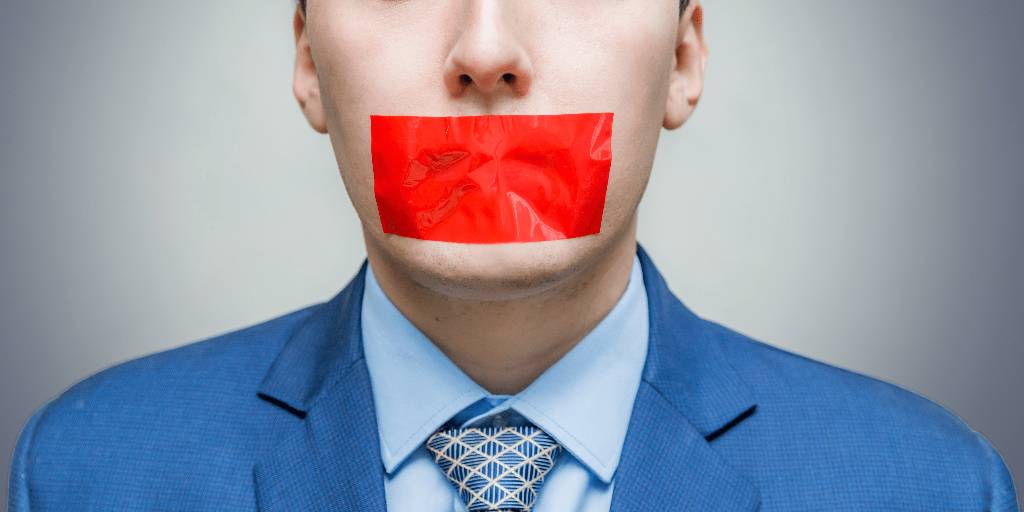Amicus Briefs
Greenberg v. Lehocky
CASE SUMMARY
NCLA filed amicus curiae briefs in opposition to a rule creating an unconstitutional speech code for lawyers. Pennsylvania’s Rule 8.4(g) exposes attorneys to discipline—including sanctions that deprive lawyers of the ability to earn a livelihood—if, while in the practice of law, they knowingly communicate in a manner “constituting harassment or discrimination.” Both the Supreme Court and the Third Circuit have repeatedly stated that speech restrictions that discriminate on the basis of content or viewpoint expressed are constitutionally impermissible.
Pennsylvania has a long history of regulating both the conduct and speech of attorneys, where necessary, to maintain the integrity of the judicial system. Before Pennsylvania adopted Rule 8.4(g) of the Rules of Professional Conduct in 2020, it did not engage in viewpoint discrimination when regulating attorney speech. As the Disciplinary Board of the Supreme Court of Pennsylvania readily concedes, Rule 8.4(g) imposes viewpoint-based restrictions on speech: it prohibits speech that expresses disparaging views of another on the basis of any of eleven listed characteristics but permits laudatory comments on the same subjects.
In April 2024, the U.S. Supreme Court denied the petition for a writ of certiorari in Greenberg v. Lehocky.
OUR TEAM
RELEVANT MATERIALS
NCLA FILINGS
Brief of the New Civil Liberties Alliance as Amicus Curiae in Support of Petitioner
March 1, 2024 | Read More
Order of the U.S. Court of Appeals for the Third Circuit Denying Rehearing en Banc
October 3, 2023 | Read More
Brief of The New Civil Liberties Alliance as Amicus Curiae in Support of Appellee’s Petition for Panel Rehearing or Rehearing en Banc
September 19, 2023 | Read More
Opinion of the U.S. Court of Appeals for the Third Circuit
August 29, 2023 | Read More
Amicus Curiae Brief of New Civil Liberties Alliance In Support of Appellee, Urging Affirmance
October 27, 2022 | Read More
PRESS RELEASES
NCLA Advises Supreme Court to Hear Case Against PA Ethics Rule’s Viewpoint-Based Discrimination
March 4, 2024 | Read More
NCLA Encourages en Banc Third Circuit to End Viewpoint-Based Discrimination in Penn. Ethics Rule
September 19, 2023 | Read More
NCLA Calls on Third Circuit to Strike Down Viewpoint-Based Discrimination for PA Attorneys
October 31, 2022 | Read More

